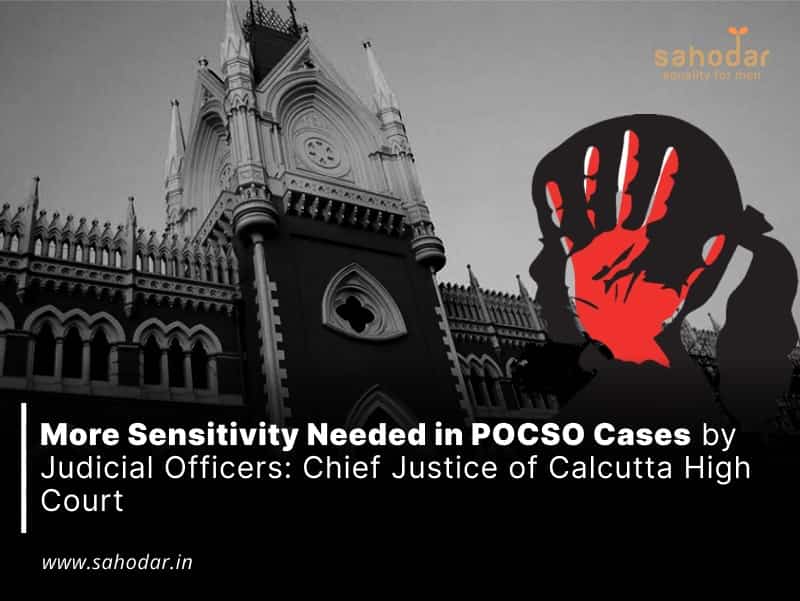On Wednesday, Chief Justice T.S. Sivagnanam with Justice Subrata Talukdar of the Calcutta High Court presided over a ceremony of the inauguration of a new Court complex of the Additional District and Sessions Judge, 2nd Court, Baruipur, South 24 Parganas.
While addressing the gathering, Chief Justice Sivagnanam highlighted the statistics regarding the pendency of cases, due to which the necessity of the construction of the new court complex came up in order to faster disposal of such cases. He observed:
“From the statistics given to me, before the Committee, [when] the Zonal Judge recommended for an additional court, the pendency statistics were taken into consideration. It was reported that there are about 2,500 civil cases and 1,700 sessions cases which were pending. This necessitated the construction of a new court complex. Further it says that out of the total cases, 1,032 are POCSO Act cases.“
Justice Sivagnanam also noted that even the Supreme Court itself has been emphasizing on the importance of dealing POCSO cases on ‘top priority’ basis. Further, he noted that a committee headed by Supreme Court Judge, Justice Ahsanuddin Amanullah was constituted to prepare a training module for the sensitisation of those judges who are engaged in dealing with POCSO cases. He remarked:
“Time and again, Supreme Court has been exhorting us that State Judicial Academy should give training to judges at various levels, who handle such cases, to be sensitive. Very recently I received a communication from Supreme Court Judge, Justice Amanullah, who is heading a SC committee, where they are preparing a module for training of judges who handle such sensitive cases, with particular reference to trafficking of human beings. The SC has called for views for all the states and I have placed the matter before the WB Judicial Academy. That is the importance being given by the SC to such sensitive cases.“
Justice Sivagnanam directly addressed the various judges from the district judiciary who had joined virtually and implored them to give sensitive and utmost priority to deal with POCSO cases, and also to take necessary care in deciding POCSO cases, since the procedure was the main attack point in appeal against orders of conviction.
The Chief Justice also highlighted that it is important to be aware that the construction of such an additional court complex, is mainly to benefit the litigants who come to the Court for resolution of their disputes, followed by the members of the Bar. He then observed:
“By creating an additional court, it is to benefit litigant, the public who is waiting for years for resolution of a matter…he gets benefitted. Then who is the second beneficiary. It is the members of the bar. If an additional court helps matters move faster, then advocates get a chance to argue matters and the Court will be giving judgments which will increase their disposal and consequently they will also be benefited. This double advantage is there, and members of bar should extend fullest cooperation in disposing of matters, without requesting for unnecessary adjournment.“
In conclusion, he mentioned a recent practise undertaken by the Supreme Court, that was being followed by the High Courts, to ensure that no case is left pending for over 20 years and suggested all district judges to take effective steps in order to help reduce pendency through a hands-on effort.
He noted, “Pendency is calculated by taking into account the date of institution. So therefore, shelf life of matter from the date of institution can’t be allowed to be more than 20 years, kindly pick up cases that are old cases. Kindly take out time to physically verify case files. Most of the time, there is a difference in the figures on pendency in the [Courts Internal Server] and the actual pendency. I request each of judges to physically verify all case files in their court. If that is one, two Saturdays a month, you can easily do it. You will be able to segregate. That process will help in faster disposal and reduce pendency. Thereby faith and confidence in the judicial system will be increased.“
Source: https://www.livelaw.in/news-updates/calcutta-high-court-pocso-act-judges-sensitization-procedural-irregularity-pendency-chief-jsutcie-ts-sivagnanam-231527

